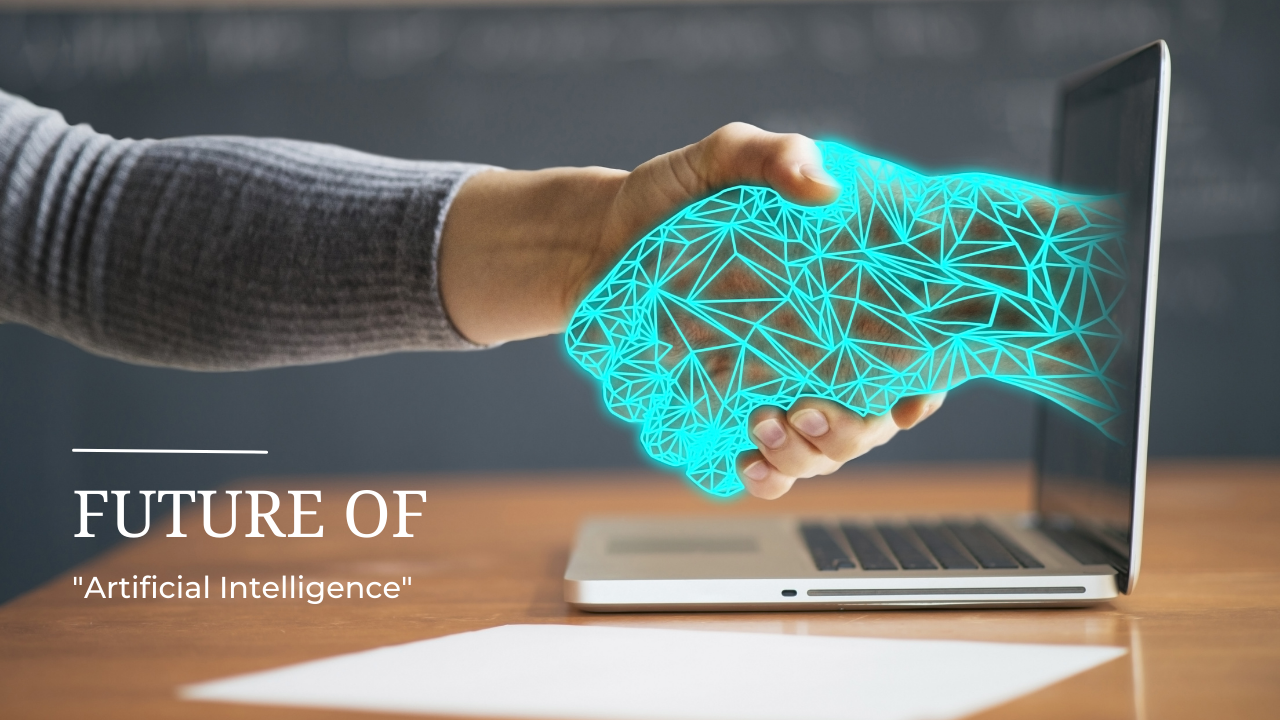I. Introduction
A Excitement and interest surrounding the future of Artificial Intelligence.
B. Predicting the future based on current knowledge
II. Advancements in Machine Learning
A. Definition and function of machine learning
B. Promising applications of machine learning (image recognition, language understanding, autonomous driving)
C. Expected improvements in machine learning and AI systems
D. Importance of transparency, accountability, and responsible use in shaping AI’s future impact
III. Automation across Industries
A. Potential for AI to automate tasks in various sectors (manufacturing, transportation, customer service, healthcare)
B. Benefits of automation (efficiency, cost reduction, improved productivity)
IV. Ethical Considerations
A. Addressing issues like bias, privacy, and job impact
B. Importance of fair and responsible development and use of AI
V. AI in Healthcare
A. Potential changes AI could bring to the healthcare field
B. Applications of AI in healthcare (diagnosis, treatment planning, medical imaging analysis, disease progression prediction, drug discovery)
C. Managing public health crises and handling healthcare data with AI
VI. Integration of AI and Robotics
A. Growing use of AI-powered robots in healthcare, manufacturing, and homes
B. Advancements in AI algorithms and robotic hardware leading to independence, adaptability, and human interaction
VII. AI and the Internet of Things (IoT)
A. Creation of intelligent systems by combining AI and IoT
B. Benefits of AI and IoT integration in smart homes, smart cities, and various industries
VIII. AI and Augmented Reality/Virtual Reality (AR/VR)
A. Transformative potential of AI and AR/VR in entertainment, gaming, education, and other industries
B. Enhancing virtual experiences, enabling virtual assistants, and improving realism and interactivity
IX. Natural Language Processing (NLP)
A. Significance of NLP in AI advancements
B. Applications of NLP (virtual assistants, language translation, chatbots)
C. Improvements in human-machine communication and interfaces
X. AI in Complex Decision-Making
A. AI’s role in analyzing data and providing insights and recommendations
B. Applications of AI in finance, law, policymaking, and business strategy
XI. Conclusion
A. Balancing the benefits, challenges, and risks of AI
B. The importance of transparency, accountability, and responsible use in shaping AI’s impact on society

